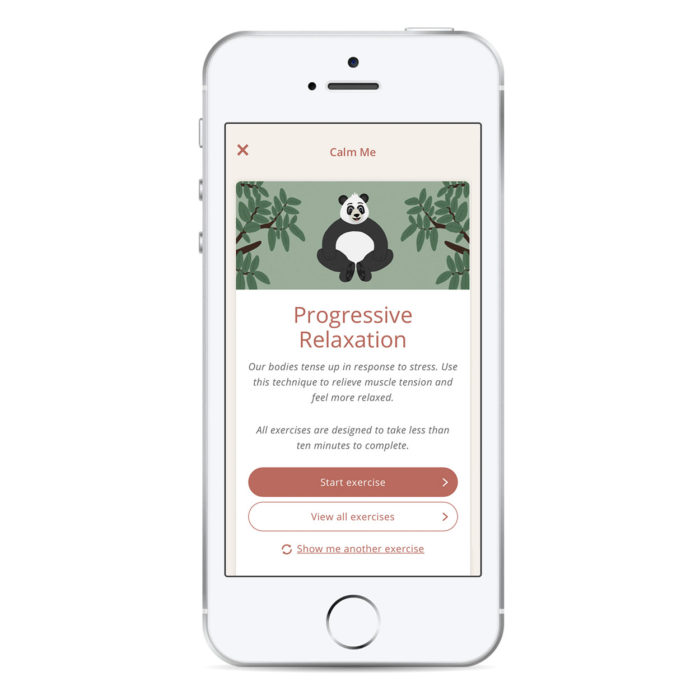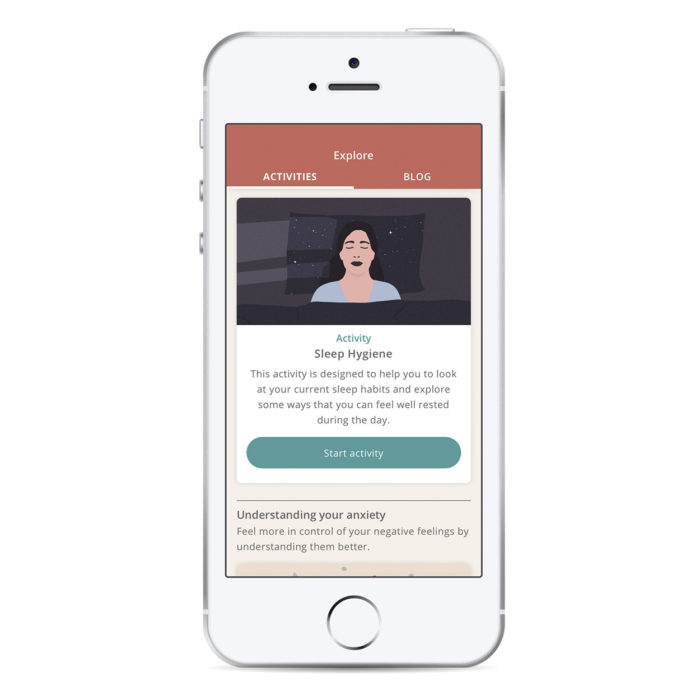Drinking to Cope: The Truth About Alcohol and Mental Health
We often hear a lot about the physical health risks of too much alcohol, but here we will explore the ways that alcohol can impact our mental health.
You’ve had a long and difficult day. You get home and feel stressed and drained, the worries of the day circulating in your mind. What do you do to help you unwind and relax? Perhaps, like many other people around the world, you might decide to pour yourself a drink.
Alcohol use is very common in many societies— around 40% of people over 15 years of age have drunk alcohol in the past year worldwide, with this figure being as high as 60-80% in developed countries (World Health Organization). About 35% of adults worldwide have drunk at “risky” levels in the past month, with risky levels typically considered to be 4 or more drinks in a single day.
Now, we’re not here to totally demonize alcohol. There are contexts in which drinking has minimal risk of harm. Many people enjoy indulging in low or occasionally moderate levels of alcohol consumption for its taste or for its effects in enhancing pleasant experiences. In most cases, this is completely fine.
However, alcohol use can quickly become detrimental if you start to turn to it as a coping mechanism, if you’re finding that you’re regularly having more than you intend to, or if you are struggling with depression, anxiety, sleep problems, or other mental health difficulties.
We often hear a lot about the physical health risks of too much alcohol, but here we will explore the ways that drinking can impact our mental health.
How does alcohol affect mental health?
Alcohol is classed as a depressant, which means it slows down brain function. This is why drinking can make you feel relaxed, along with other common effects, such as disinhibition (reduces activity in the area of the brain that monitors appropriate behavior), slurred speech, and drowsiness.
Anything that alters brain chemistry has the potential to impact mental health one way or another. The effects of alcohol have been extensively studied, especially with regards to how it affects common mental health issues.
Depression
As alcohol has depressant effects, frequent use can worsen symptoms of depression, including our motivation, mood, and our ability to experience enjoyment in the activities we usually enjoy. For people who are prone to depression, drinking can trigger these symptoms.
Alcohol use and depression can sometimes feed off each other in a dangerous cycle—a person feels sad, so they drink to try and numb their feelings, which lowers their mood even more, making them want more alcohol to escape, and so on.
Further complications can arise as a consequence of making poor decisions while under the influence of alcohol that can have negative impacts on your life, even once you’ve sobered up. This may include acting aggressively, spending too much money, or taking unnecessary risks. Alcohol can also reduce the effectiveness of antidepressant medications.
Anxiety
People who struggle with anxiety may use alcohol as a way to help them relax and feel more at-ease. While this can initially be effective, there are a couple of issues. First, the use of alcohol to manage anxiety symptoms can very quickly lead to reliance—that is, the more you have it, the harder it becomes to function without it.
For instance, it is common for people who experience anxiety in social situations to use alcohol to feel more confident and sociable. This serves as a “band-aid fix” for their social anxiety and makes it more likely for them to continue using alcohol as a solution. This is what psychologists call a safety behavior, which can, over time, worsen anxiety symptoms as it doesn’t address the underlying issue.
The other problem is that, while alcohol is a depressant, once the effects wear off there can be a “rebound” effect. The brain tries to regulate itself by producing the opposite effects. As a result, it is common to experience symptoms of anxiety for at least a day or two following heavy alcohol use. This is not fun for anyone but can be especially problematic for those who are already prone to anxiety.
Sleep difficulties
If you struggle to get to sleep, it might feel tempting to use alcohol before bed. Granted, the relaxing and sedating effects of alcohol can certainly help us get to sleep. However, because of the rebound effect we mentioned earlier, as soon as the alcohol starts to wear off, we often feel more awake than we otherwise would be.
It takes, on average, about 4-5 hours for the effects of alcohol to wear off enough for the rebound effect to start taking hold. This means that, while you might initially get to sleep easier with alcohol, you’re likely to wake up early and have trouble getting back to sleep. Doing this repeatedly can be detrimental to your sleep patterns and health. Even if you don’t wake up during the night, alcohol use leads to poorer sleep quality and you’re likely to feel less rested the following day.
Alcohol addiction
Of course, we don’t have to tell you that frequent, repeated use of alcohol can lead to alcohol addiction. In this case, a person is compelled to drink despite the negative consequences on their life. Addiction can develop gradually—it’s common for a person to become addicted before they even realize that things have reached that stage.
Often, other people notice problematic drinking patterns before the person notices it themselves, so listening to the opinions of loved ones can be really important.
Depression, anxiety, and other mental health conditions increase the risk of developing alcohol addiction, and, in turn, alcohol addiction can harm our mental and physical health in a range of ways. We won’t get into the complexities of addiction here, but it’s a risk to be aware of if you’re drinking regularly.
How to cut-back?
If you’re not convinced that alcohol might be affecting your mental health, or you’re not sure if you need to cut-back or stop drinking, it can be helpful to make a list of the pros and cons of drinking. For instance, some pros might include helping you to relax at the end of the day, or making social events more fun, etc., while some cons might include feeling tired or anxious the next day, acting in an embarrassing way, etc.
Your pros and cons list might help to clarify the extent of the problem or whether certain aspects are more of an issue for you than others. There’s not really a one-size-fits-all approach to cutting-back alcohol, it often depends on your specific circumstances.
You might decide to set yourself certain rules for your alcohol use. Some ideas could be to only drink on certain days of the week, only drink when you’re with others, and to set a limit on the amount you drink in a single sitting.
Keep in mind that having a small amount of alcohol can increase the urge to have more—this is called the priming effect—so it might help to set up ways to be held accountable, such as informing a trusted person of your limits.
Certain situations can make us more likely to drink larger amounts, such as being around specific people or going to certain events. It can be helpful to be aware of the situations that affect you in this way and have strategies to help reduce the urge.
Some ideas for reducing the urge to drink can include:
⏳ Delaying use—sometimes the urge can pass after at least 30 minutes of holding back.
🙃 Distraction—try distracting yourself from thinking about alcohol by doing something else, like engaging in a conversation, playing a game, or going for a walk.
🗨 Positive self-talk—sounds cliché but being kind to yourself and thinking things like “you’ve got this” can be helpful. Be on your own team, rather than fighting with yourself.
🍹 Non-alcoholic options—this doesn’t have to be just regular soda anymore, there are more and more alcohol-free options becoming available, including beer or wine with the alcohol removed, or a delicious mocktail!
🧘♀️ Learn other coping strategies—there are many ways to cope with mental health challenges other than reaching for a bottle.
Other ways to cope
If you are experiencing stress and anxiety in your daily life, it can be useful to learn methods to help you relax and unwind, and strategies for managing emotional exhaustion. Breathing, mindfulness, imagery, and muscle relaxation can be really effective for this. The Mind Ease app can guide you through these techniques and provide you with many more valuable tools.

Other pleasant activities can help you unwind at the end of a day, such as having a conversation with your family or spouse, listening to music, reading a book, or even watching some TV.
If you’re having trouble with sleep, there are many ways to improve your sleep habits. Learning about sleep hygiene is a good place to start, which you can also find in the Mind Ease app.

Ultimately, it is helpful to have an understanding of the reasons and the context of your drinking. Ask yourself—what am I hoping to achieve by drinking? If it is purely for pleasure and enjoyment, and you feel that you are in control of the amount you drink (and others around you agree), then maybe that’s okay. However, if you’re drinking in an attempt to manage stress or other challenges, then it might end up being counterproductive and more trouble than it’s worth.
If you are particularly concerned about your drinking or need a little extra help, it can be a good idea to discuss this with a doctor or mental health professional.





